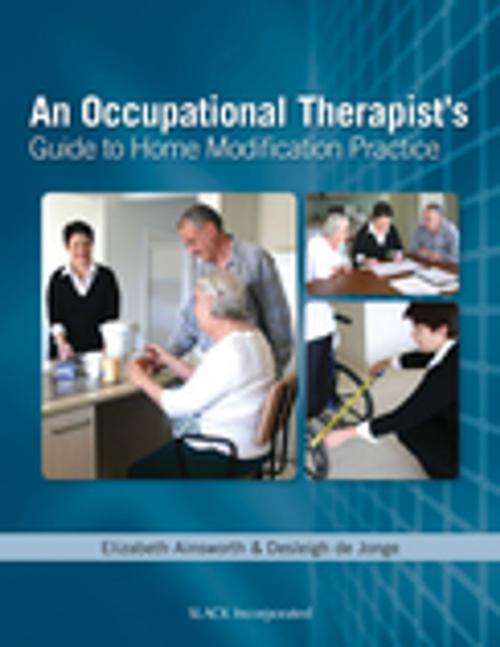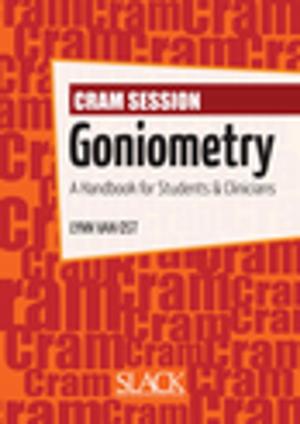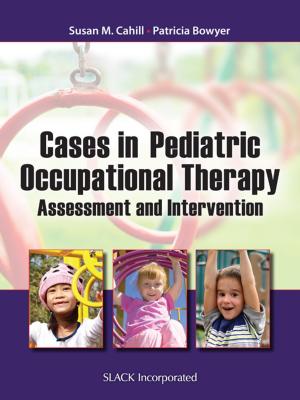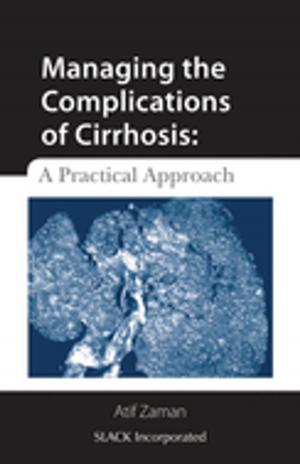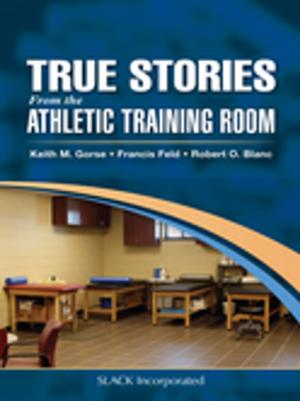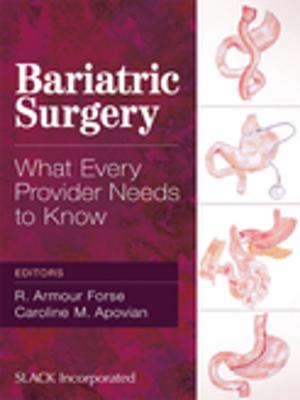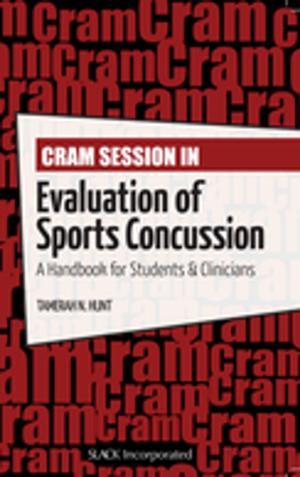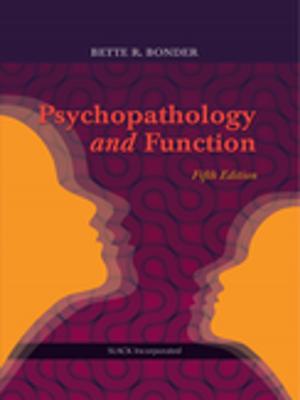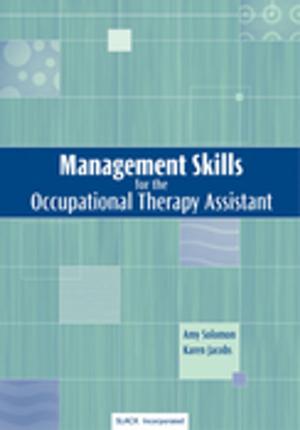An Occupational Therapist’s Guide to Home Modification Practice
Nonfiction, Health & Well Being, Medical, Allied Health Services, Occupational Therapy| Author: | ISBN: | 9781617113949 | |
| Publisher: | SLACK Incorporated | Publication: | November 15, 2010 |
| Imprint: | SLACK Incorporated | Language: | English |
| Author: | |
| ISBN: | 9781617113949 |
| Publisher: | SLACK Incorporated |
| Publication: | November 15, 2010 |
| Imprint: | SLACK Incorporated |
| Language: | English |
With the integration of people with disabilities into society, there has been increasing interest in modifying homes to enable them to live independently in the community. Occupational therapists require skills and knowledge to assess the modification needs of these clients, including consideration of their current and future requirements and the nature and use of the home environment. An Occupational Therapist’s Guide to Home Modification Practice by Elizabeth Ainsworth and Desleigh De Jonge uses a transactional approach to examine the person in their home environment. The text assists occupational therapists in addressing the needs of consumers, including consideration of their current and future requirements, the nature and use of the home environment, understanding the technical aspects of the built environment, design approaches, and the application of a range of products and finishes to determine appropriate modification solutions. An Occupational Therapist’s Guide to Home Modification Practice provides occupational therapists with valuable information and expertise for identifying home modification requirements. The text discusses how to consider the personal, cultural, social, temporal, and physical aspects of the home in decision making and provides occupational therapists with a systematic process for identifying and evaluating home-based interventions. Inside you’ll find: A detailed understanding of aspects of the home environment that impact home modification decisions A review of legislative environment and funding systems that facilitate service delivery An overview of home modification services, as well as future trends An in-depth examination of the home modification process, including discussion about approaches to evaluation, measuring and drawing the environment, identifying and evaluating interventions, the relevance and application of design standards, and reporting and legal issues Comprehensive case studies — illustrated by photographs — will assist occupational therapists in understanding the range of issues and conceptualizing solutions With content that is essential to occupational therapy practice that is not currently addressed in any other text, plus a systematic approach to identifying and evaluating home-based interventions, An Occupational Therapist’s Guide to Home Modification Practice is a vital text for occupational therapy educators and students, as well as both novice and experienced clinicians. Visit http://homedesignforliving.com/ for additional information from the authors on home modification. From the Foreword: “This is a book that should be on the bookshelf in every clinic… and should be a core text for students.” — Carolyn Baum, PhD, OTR/L, FAOTA
With the integration of people with disabilities into society, there has been increasing interest in modifying homes to enable them to live independently in the community. Occupational therapists require skills and knowledge to assess the modification needs of these clients, including consideration of their current and future requirements and the nature and use of the home environment. An Occupational Therapist’s Guide to Home Modification Practice by Elizabeth Ainsworth and Desleigh De Jonge uses a transactional approach to examine the person in their home environment. The text assists occupational therapists in addressing the needs of consumers, including consideration of their current and future requirements, the nature and use of the home environment, understanding the technical aspects of the built environment, design approaches, and the application of a range of products and finishes to determine appropriate modification solutions. An Occupational Therapist’s Guide to Home Modification Practice provides occupational therapists with valuable information and expertise for identifying home modification requirements. The text discusses how to consider the personal, cultural, social, temporal, and physical aspects of the home in decision making and provides occupational therapists with a systematic process for identifying and evaluating home-based interventions. Inside you’ll find: A detailed understanding of aspects of the home environment that impact home modification decisions A review of legislative environment and funding systems that facilitate service delivery An overview of home modification services, as well as future trends An in-depth examination of the home modification process, including discussion about approaches to evaluation, measuring and drawing the environment, identifying and evaluating interventions, the relevance and application of design standards, and reporting and legal issues Comprehensive case studies — illustrated by photographs — will assist occupational therapists in understanding the range of issues and conceptualizing solutions With content that is essential to occupational therapy practice that is not currently addressed in any other text, plus a systematic approach to identifying and evaluating home-based interventions, An Occupational Therapist’s Guide to Home Modification Practice is a vital text for occupational therapy educators and students, as well as both novice and experienced clinicians. Visit http://homedesignforliving.com/ for additional information from the authors on home modification. From the Foreword: “This is a book that should be on the bookshelf in every clinic… and should be a core text for students.” — Carolyn Baum, PhD, OTR/L, FAOTA
